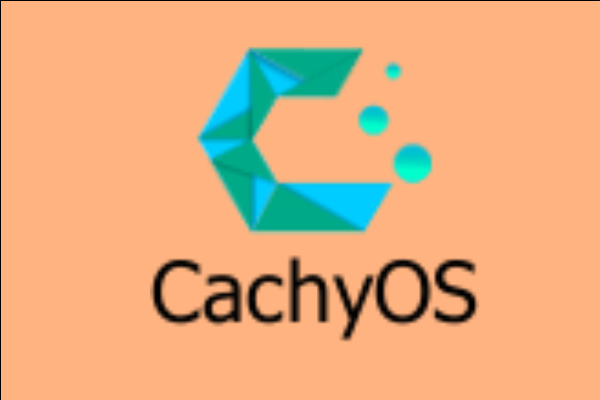Ufficio Zero Linux OS is a little-known but increasingly noteworthy Italian-developed operating system. It is primarily designed for office and administrative work environments and may be of particular interest to those looking for a stable, reliable, and long-term alternative to commercial systems. Ufficio Zero occupies a unique place in the world of open source systems: it aims to provide a solution to both the obsolescence of digital infrastructure and the problems of accessibility of software tools that are essential for work.
Behind the project is a small but dedicated team of developers who revived an idea that had previously been shelved during the COVID-19 pandemic. The distribution was taken up by IT entrepreneur Julian Del Vecchio, who provides the infrastructure necessary for the development of the system through his own company, SIITE SRLS. Community support is reinforced by the non-profit organization Boost Media APS, which aims to promote open source software and ethical digital services.
The various versions of Ufficio Zero are based on different technical foundations: the 64-bit version on Linux Mint, the 32-bit version on LMDE, and some special editions (such as “Minimal” or “Lorena”) on Devuan and PCLinuxOS. This diversity allows the system to run on both old and new machines, which is an important consideration for those who do not want to replace their still-functional devices just because the manufacturers have discontinued software support.

The latest version of the system, version 11, also adapts to user habits in its appearance: the interface, reminiscent of the graphical elements of Windows 11, can help those who have previously worked in a Microsoft environment to make the transition. Familiar elements – a centered taskbar, rounded windows, modern icons – are available in a conveniently customizable form. The graphical elements mimic Windows so closely that a normal user would not be able to tell that they are using Linux. The system offers several desktop environments (Cinnamon, Xfce, MATE), allowing users to tailor the appearance to their resources and personal tastes.
Among the technical innovations, the updated installation and recovery options play an important role. The Calamares installer allows for simpler configuration, while the integration of TimeShift provides backup and system restore management. Significant progress has also been made in the management of printers and scanners with the new, additional driver repository, which supports devices from a number of manufacturers.
Of particular interest to educational institutions is the built-in “Postinstall” system, which offers one-click access to educational software and teacher monitoring tools. These include Veyon, which allows teachers to control multiple student computers at once. An interesting alternative in terms of student and teacher data protection is the Infomaniak service package, which offers European-based email and cloud services independent of Google solutions.

Business users may find it particularly important that the system comes pre-installed with digital signature software used in Italian public administration (such as ArubaSign or GoSign Desktop) and solutions compatible with the judicial system. It also includes communication applications commonly used for remote working, such as Teams, Zoom, Skype, and a version of WhatsApp optimized for Linux.
The developers of Ufficio Zero consciously avoid excessive marketing or technological hype. The goal of the project is not to seek novelty or break with aesthetic conventions, but to ensure reliable operation and meet everyday needs. Support for the operating system is guaranteed until 2027, with an active community forum and detailed documentation.
Although Ufficio Zero does not seek to compete with the most well-known Linux distributions, its clear goals and practical approach make it worth considering, especially for those looking for an ethical, sustainable alternative optimized for the Italian language and legal environment for their daily work.




































